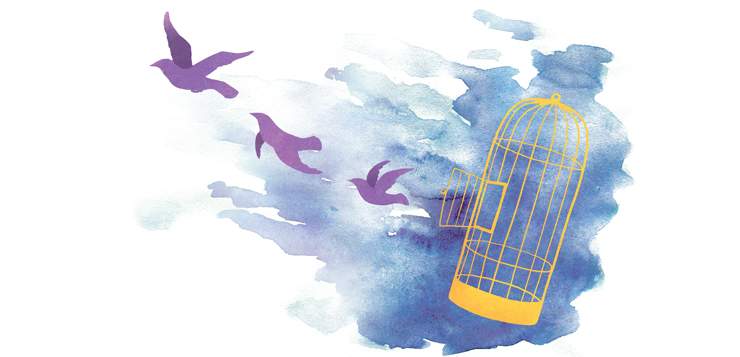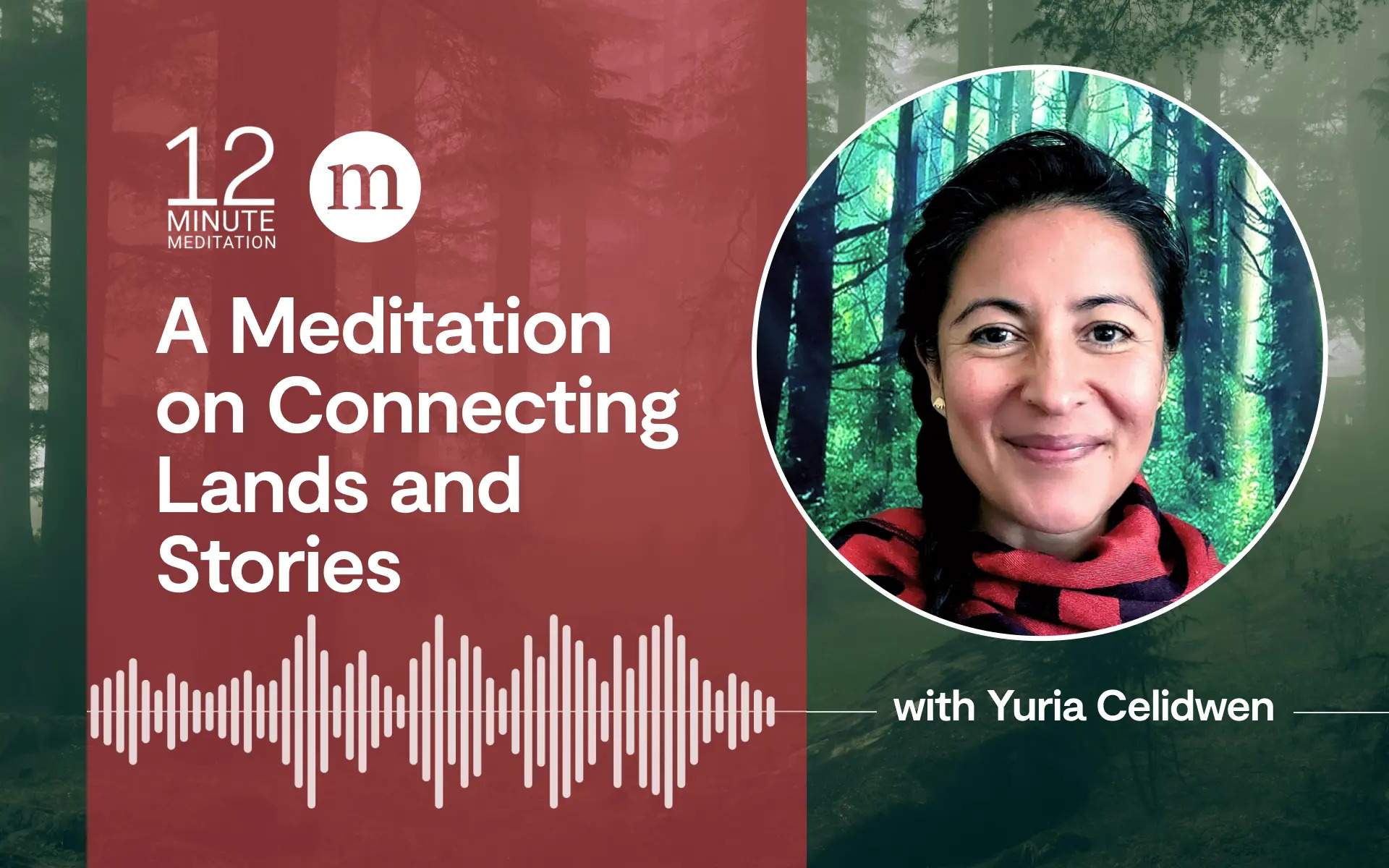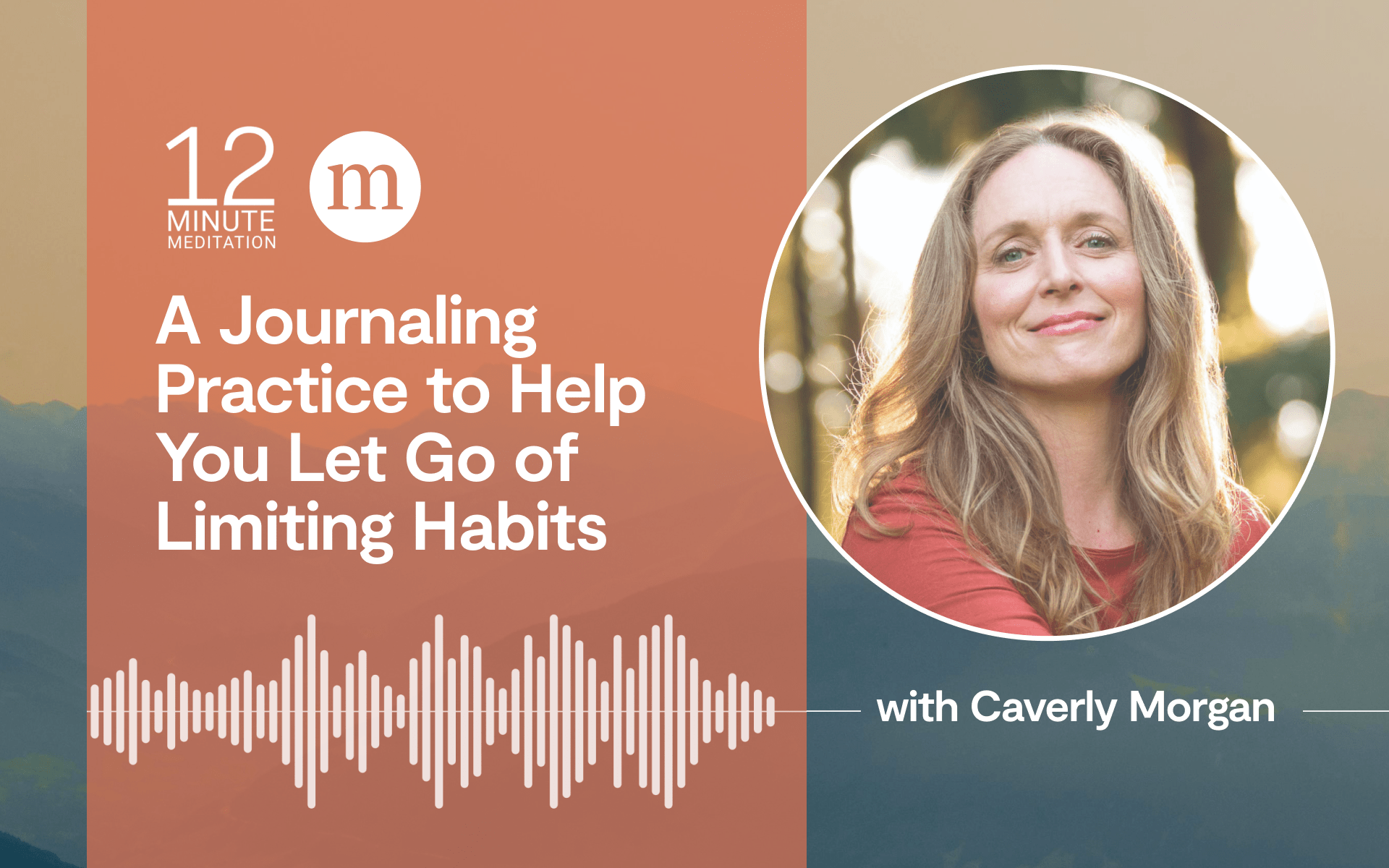When you’ve been hurt by someone, it’s not always easy to let it go. But holding on to a grudge will only make you feel worse—and not just emotionally. Resentment can cause your blood pressure to spike and trigger the release of stress chemicals that can make you physically sick. And the truth is: It doesn’t really do any good anyway. As the saying goes: “Not forgiving is like drinking poison and expecting the other person to die.”
The paradox is, when you’ve been wronged, forgiveness is the only thing that provides relief from the pain. Sound like a bitter pill to swallow? Read on to learn how forgiving others (and yourself) can help you release the heavy burden of resentment and experience more freedom.
1. Understand forgiveness
Before you attempt to force forgiveness on your most tender hurts, consider what it is you’re asking of yourself: Forgiving doesn’t mean that you condone what happened or that the perpetrator is blameless. It is making the conscious choice to release yourself from the burden, pain, and stress of holding on to resentment.
Forgiving doesn’t mean that you condone what happened or that the perpetrator is blameless. It is making the conscious choice to release yourself from the burden, pain, and stress of holding on to resentment.
2. Feel your pain
Hurts can run deep, even if at first glance they don’t seem to make a big impact. It’s important to give yourself permission to acknowledge and honor the pain that’s very real for you. Notice where you feel it in your body and ask yourself, “What do I need right now?” Maybe you need to feel supported, take more time, or do something kind for yourself. Allowing space for the pain in this way can help you know whether you’re ready to release it from your heart and mind.
3. Name it
Whether you’ve hurt yourself or have been hurt by another, allow yourself to be honest and simply name the feelings that are there. They might include guilt, grief, shame, sorrow, confusion, or anger. As you consider the act of forgiveness, any of these feelings can arise. A study at UCLA found that when you name your emotional experience it turns the volume down on your amygdala, the emotion center of the brain, and brings resources back to your pre-frontal cortex, the rational part of your brain. So, by naming the feeling you can create space and not get overwhelmed.
4. Let it out
Keeping hurt feelings bottled up only causes additional stress to your mind and body. Even if the memory is difficult to confront, see if you can share how you’re feeling. You can write about it in a journal or talk about it with a friend or a professional counselor. Sharing helps you expand your perspective, and perhaps even see what happened through a different lens.
5. Flip your focus
If possible, see if you can flip your focus from being the victim to putting yourself in the other person’s shoes. For example, consider the life the person lived that led them to this hurtful action. This is difficult to do, but remember, you’re not condoning any action. This exercise is just about trying to see that, as humans, we are deeply impacted by our own traumas and life experiences, which greatly inform how we show up and act in the world. If you are able to do this, compassion naturally tends to flow from this more understanding perspective.
6. Take action (start small)
Whether you are forgiving yourself or another person, taking action can help to facilitate healing and make you feel more empowered. It’s best to start with smaller misdeeds to get into practice and feel what’s possible. Writing a letter or having an uncomfortable conversation can be difficult and even scary, but often a sense of empowerment emerges from the self-compassionate action of listening to yourself and doing something that supports you.
7. Remember, you’re not the first or last
When you’ve been hurt, it’s common to feel like you’re the only one who has ever been wronged in this way. In fact, it’s likely that this transgression (or something similar to it) has been made many, maybe even millions of times before throughout human history. Making mistakes is part of our shared human experience. Remembering you are not alone in experiencing this kind of pain can help to loosen your grip on your resentment.

8. Have patience; forgiveness is a practice
Forgiveness isn’t a quick-fix solution. It’s a process, so be patient with yourself. With smaller transgressions, forgiveness can happen pretty quickly, but with the larger ones, it can take years. As you begin with the smaller misdeeds and then move onto the harder ones, be kind to yourself, take deep breaths, and continue on.
9. Stop blaming
We all know it can feel good now and again to complain to a friend—misery loves company, right? Well, not exactly. Researcher Brené Brown, author of Rising Strong, says, “Blaming is a way to discharge pain and discomfort.” It gives us a false sense of control but inevitably keeps the negativity kicking around in our minds, increasing our stress and eroding our relationships.
10. Practice more mindfulness
A recent study surveyed 94 adults who had been cheated on by their partners, and found a correlation between traits of mindfulness and forgiveness. In other words, it can be said that the more you practice mindfulness, the more you strengthen your capacity for forgiveness.
11. Find meaning and strength through your pain
As you practice working with the pain that’s there, you grow key strengths of self-compassion, courage, and empathy that inevitably make you stronger in every way. As psychiatrist and Holocaust survivor Viktor Frankl wrote in Man’s Search for Meaning, even in the most horrific and painful circumstances, we have the freedom to create meaning in life, which is a powerful healing agent.
A MINI FORGIVENESS PRACTICE:
Try this short practice once a day and feel your forgiveness muscles growing.
Think of someone who has caused you pain (to start, maybe not the person who has hurt you most) and you’re holding a grudge against. Visualize the time you were hurt by this person and feel the pain you still carry. Hold tightly to your unwillingness to forgive. Now, observe what emotion is present. Is it anger, resentment, sadness? Use your body as a barometer and notice physically what you feel. Are you tense anywhere, or do you feel heavy? Next, bring awareness to your thoughts; are they hateful, spiteful, or something else?
Really feel this burden associated with the hurt that lives inside you, and ask yourself:
“Who is suffering?
Have I carried this burden long enough?
Am I willing to forgive?”
If the answer is no, that’s OK. Some wounds need more time than others to heal.
If you are ready to let it go now, silently repeat: “Breathing in, I acknowledge the pain. Breathing out, I am forgiving and releasing this burden from my heart and mind.”
Continue this process for as long as it feels supportive to you.
This article appeared in the April 2017 issue of Mindful magazine.
https://www.mindful.org/10-minute-guided-mindfulness-meditation-foster-forgiveness/
https://www.mindful.org/do-you-know-how-to-forgive-someone/






